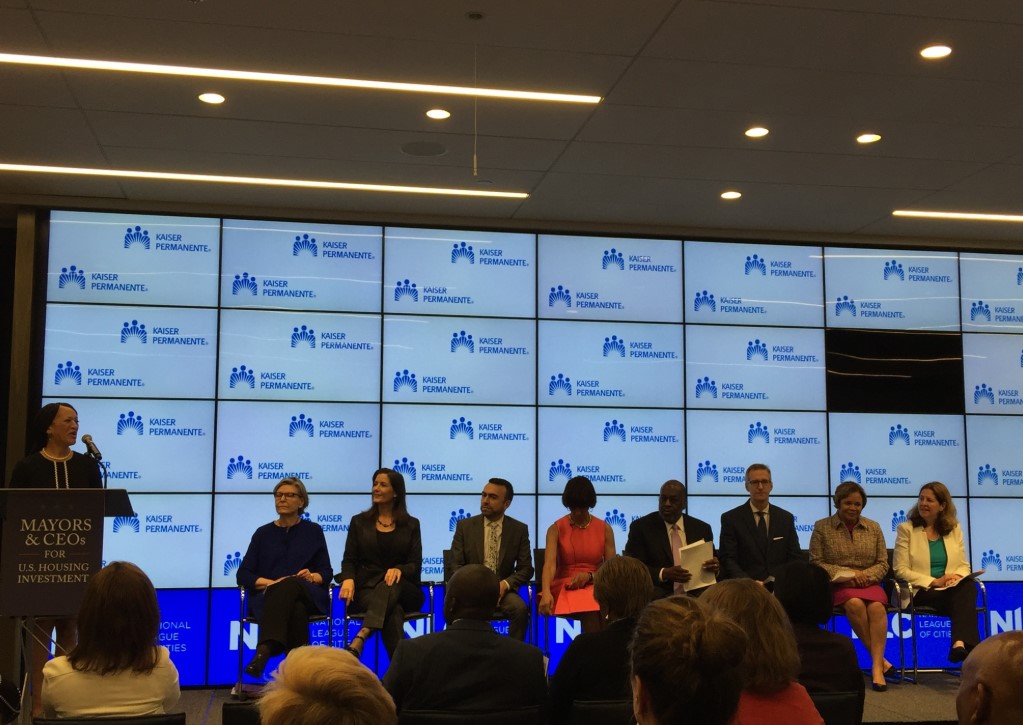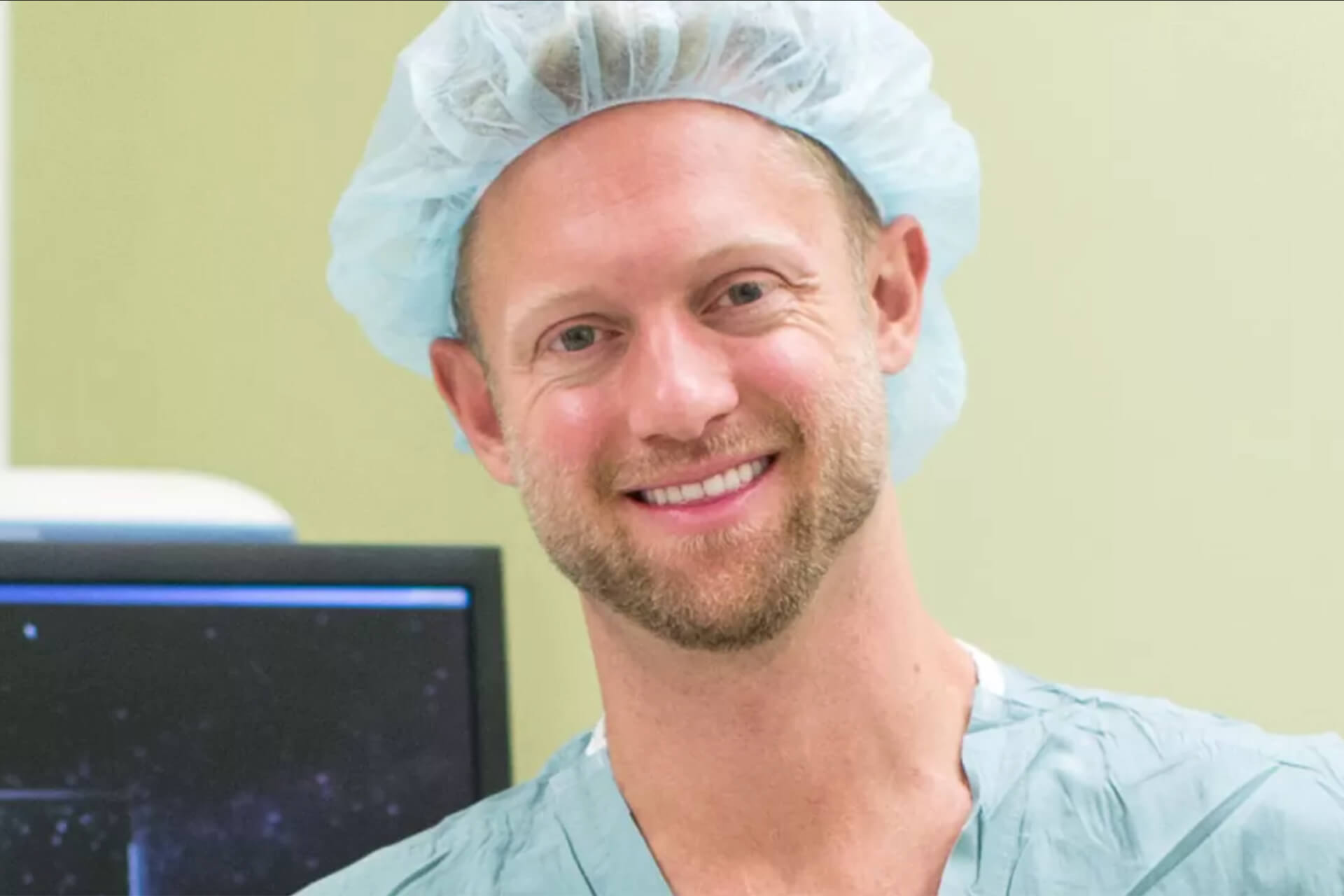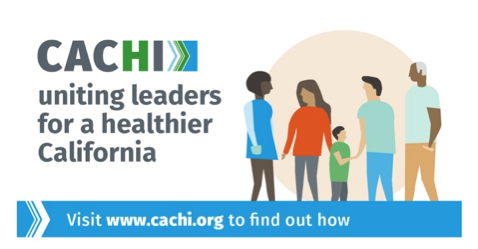Today, Kaiser Permanente, Executive Vice President and Chief Information Officer Philip Fasano launched a book: Transforming Health Care: The Financial Impact of Technology, Electronic Tools and Data Mining. We caught up with Fasano while he was at HIMSS13 and spent a few minutes talking to him about his first book, what it will take to make the changes needed, and what this sort of transformation means to patients and consumers.
CTH Blog:
Tell us about Transforming Health Care: The Financial Impact of Technology, Electronic Tools, and Data Mining.
Philip Fasano:
The book is intended to be a bit of a call to action to the health care industry and the technology industry to get going with transforming health care. By leveraging the new technologies that have emerged recently – clinical capabilities and devices in the mobile domain and the ability now to affordably integrate those in brand new ways, can enable everyone to get going with this change that just has to occur for the benefit of everyone in the country.
CTH Blog:
Why was now the right time to write a book like yours?
Fasano:
Now was the time because of two things. One is health care reform. The other is that we are seeing quite clearly in our work at Kaiser Permanente that this is the right time for this industry to embrace information technology to create a completely different health care experience, as well as improve quality, affordability and access.
It’s very clear, when you are in an integrated system, to see the tools that emerge that enable convenience and accessibility to the patients and allow patients to manage their health on their terms and in the palm of their hands. We’ve seen that at Kaiser Permanente with our implementation of electronic medical records, population care tools, and our mobile and Internet capabilities. That’s a transformational experience for the patient as well as for the provider. Everyone should have access to that.
CTH Blog:
Who did you write the book for – who are you hoping will read it and will benefit the most from it?
Fasano:
My hope is that everyone in the health care industry reads it and gets going on the transformation that’s outlined in the book. But I’m also hoping, frankly, that consumers start to read it, because informed consumers who understand what great health care looks like and can be – who understand that they actually can ask more of the health care system – will be catalysts. Also, I think anyone who invests in information technology, health care capabilities, or health IT should read it, because it will give them a road map for how to direct their investments.
CTH Blog:
What do you think it’s going to take to drive transformation? Who will need to be pushing for it?
Fasano:
Health care, itself, is in transformation. The government catalyzed the system through the health care reform act and through $19 billion of meaningful use monies. They made those funds available to the health care community to implement electronic medical records and use them in ways that would be meaningful to patient care. Those monies are great incentives and great down payments, and that’s part of the catalyst.
Ultimately, I think transformation starts with physicians and patients – because both will understand very quickly, if they don’t already, that health care in America will be substantially better than it currently is. That is a foundational building block. But then the entire ecosystem – the technology community, investors, and private industry – everyone has an opportunity in this particular game to help make the progress I think we need to make.
This industry faces a lot of challenges. United States health care doesn’t measure up to many other countries, but we spend more money. If that were the value proposition of other businesses, they would already have gone through a transformation. This particular business of health care has to go through a complete reengineering, and it’s my opinion that anyone who is leading a piece of the industry or many parts of it should take to heart that they are going to have to go through some meaningful changes in how they operate. Those changes have to include reducing cost, eliminating waste (because waste costs money), and then reinvesting some of the monies that they save to allow them to continue the innovation cycle necessary to keep up with the pace of change that really will enhance patient outcomes and health in the United States.
CTH Blog:
What does the transformation of health care look like to a consumer, to a patient?
Fasano:
I’ll use Kaiser Permanente as an example. More than 2 million of our members are using our mobile capabilities today, and that is a huge transformational experience in terms of being able to access their own information as well as the health system and health care we provide them. They can contact any of their physicians or specialists; they can look at their lab results. All the things we offer as a system that we take for granted are transformational. If that were widely available in the United States, it would have transformed health care, at least to a first order of capability.
The next wave of transformation is going to be more advanced analytics that are really focused on the patient and are personal. Clinical device integration in mobile devices will enable a whole other level of patient monitoring. To the extent that patients have particular conditions that need to be monitored, their health will obviously be altered for the better. To the extent that patients want to have access to not only health information, but health coaching, that will start to become very convenient through many of these devices as well. So it’s going to become very specific in terms of what capabilities I, as an individual, want from health care and for my health. And I can start reaching for my own aspirations around health in a whole new empowered way, because the tools will enable me to do that.
CTH Blog:
Can you paint a picture of what this might look like for a person dealing with a chronic condition, like diabetes?
Fasano:
If I’m a diabetic, I currently take blood tests all day long with a little device I carry in my pocket. But with this transformation of health care, rather than carry that device, if I happen to carry an iPhone or Android or similar mobile device, there are clinical devices that just plug into my phone to test my blood. They can test it even with a microscopic blood draw, and it’s so much less blood and so much less painful, and much more immediate in terms of the feedback that device can give me now that it’s integrated with my phone. Then that data can be tied in to my health record. It can be tied to my health coaching app that now is looking at my A1c levels and making recommendations about what I should be eating for lunch and then effectively letting me know if I need to take my insulin. So all of the tools that are necessary to support a diabetic throughout their day become much more integrated into a simple device that they are already carrying with them.
CTH Blog:
Any parting words you’d like people to take away when it comes to your book?
Fasano:
When we think about health care in the United States, we should expect more. We should expect better. We should expect higher quality. And continuous improvement should be part of what we anticipate and expect of the industry. It’s high time the industry gets going and gets focused on delivering on that promise.
More information about Fasano’s book can be found in the video interview below and in the news release at the Kaiser Permanente News Center.




